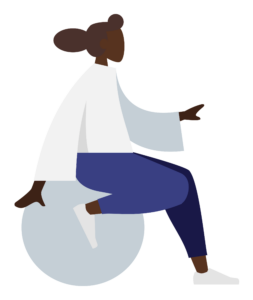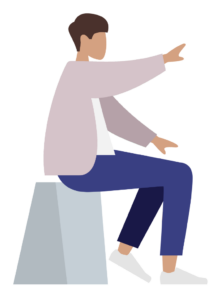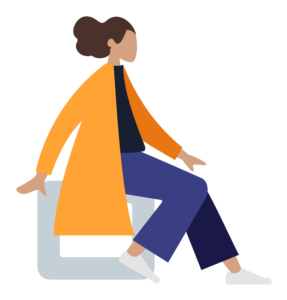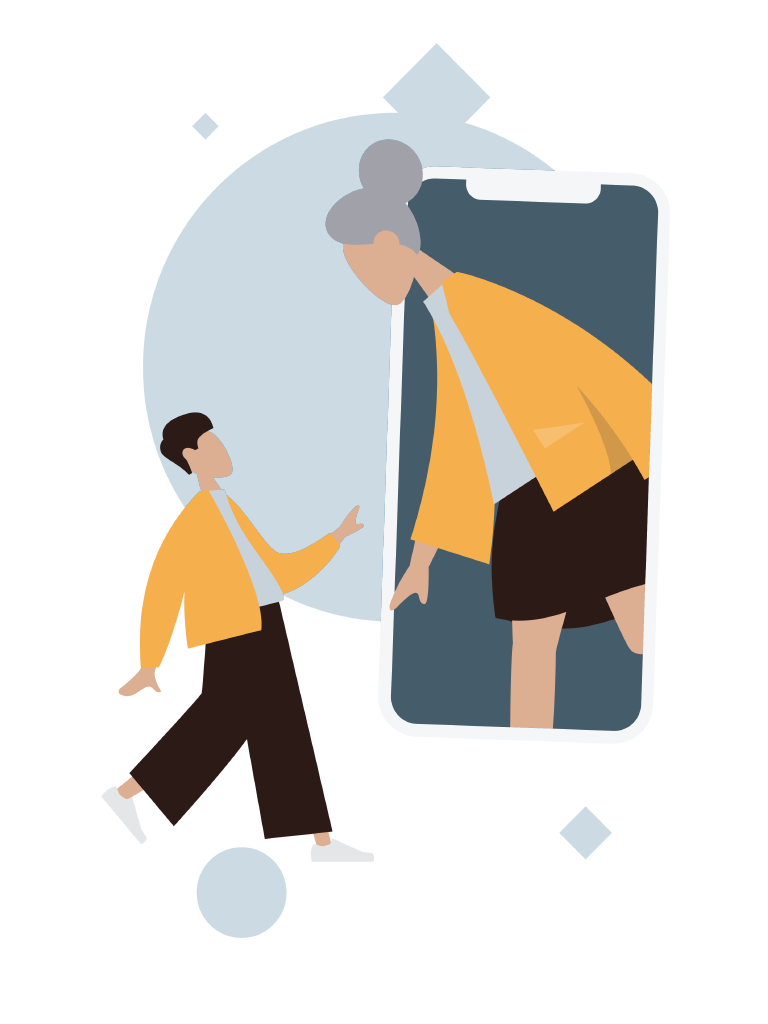Lupus
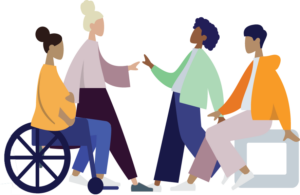 People of Color have a higher chance of getting lupus, which happens when your body’s defense system (like your own army of protection) gets confused and starts fighting against itself instead of fighting germs. This can make different parts of your body feel sick.
People of Color have a higher chance of getting lupus, which happens when your body’s defense system (like your own army of protection) gets confused and starts fighting against itself instead of fighting germs. This can make different parts of your body feel sick.
There are different types of lupus; the below affects People of Color more often.
- Systemic Lupus Erythematosus (SLE) is the main type of lupus. “Systemic” means it can affect your whole body. SLE can cause problems in different body parts like skin, joints, heart, lungs, brain, kidneys, and blood.
- Lupus Nephritis (LN) is when lupus attacks your kidneys. About 40-60% of people with SLE eventually get LN. Lupus patients of color tend to get LN more often than white Americans. The good news is that early treatment helps protect your kidneys.
- Discoid Lupus (DLE) is a type of skin lupus that causes round, disc-shaped patches on the face, scalp, ears, neck, or arms.
If you have any of these signs, tell your doctor:
- Feeling too tired to do normal things
- Painful, achy joints
- Swelling in your face or legs
- Bubbly or foamy pee
- A red rash across your nose and cheeks that looks like butterfly wings
When we share our stories, more people learn when to get help and how to ask doctors for better care. Your story might give someone from our communities the courage to see a doctor sooner!







